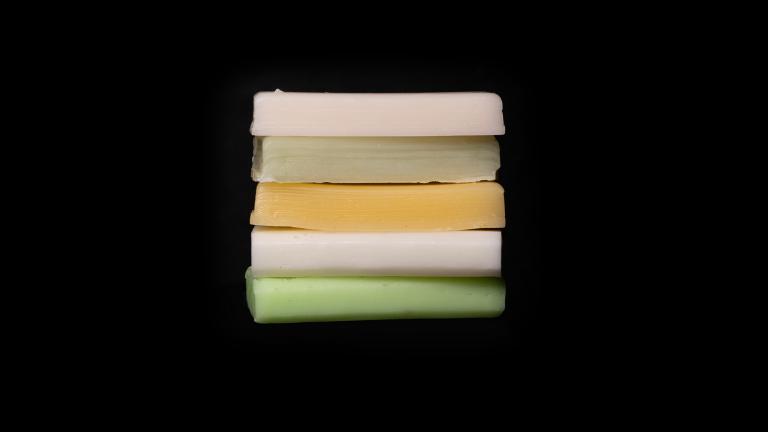Did President Bush and the House leadership not only know about Mark Foley’s predilection for page-chasing, but use their knowledge last year to blackmail him to vote “yes” on Cafta?
Sanho Tree, a research fellow at the Institute for Policy Studies, plausibly raises that question over on Counterpunch. Tree speculates that such an arrangement could be exposed in the current Congressional investigation of the Foley affair; if so, it would definitively put the lie to White House and House leadership claims to innocence of any knowledge of Foley’s untoward email exchanges.
A while back, I showed that U.S. industrial agriculture interests were salivating over the prospect of Cafta, which they were hoping would prove to be as much as a boon to their bottom lines as NAFTA has.
The only sector of Big Ag that opposed Cafta was the sugar lobby, which benefits from protectionist measures that the treaty would undermine. As a Florida rep, Foley was in thrall to the powerful sugar lobby, and thus vigorously opposed Cafta.
But on the day of the big vote, after what the Congressman described at the time as a “difficult, a gut-wrenching night” of phone talks with Bush and the House leadership, Foley turned tail and cast the decisive vote for Cafta.
I’ll admit to a measure of schadenfreude if Bush’s aggressive push to ram that unholy treaty through Congress ends up bringing yet more disgrace to his presidency.


